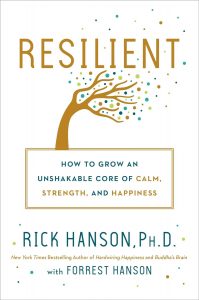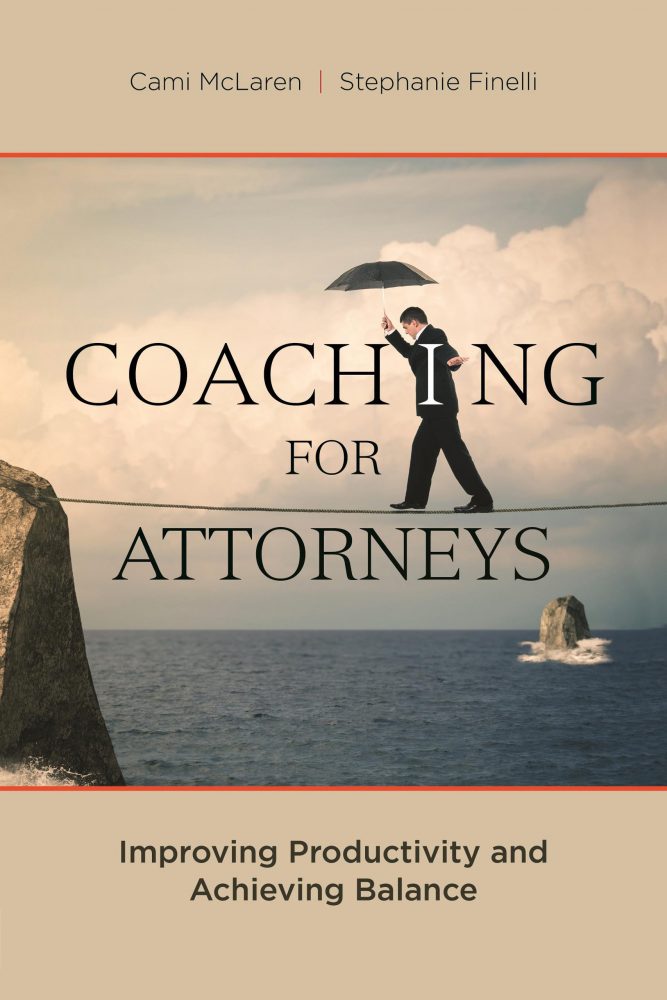What do you do when dealing with someone who is angry? Anger is an emotion that we usually don’t want to deal with and when we see it in others, we typically tend to avoid it. Realistically however, anger, or its relatives (frustration and annoyance) will show up. Whether in our families or at work, it is a normal part of human interaction. As such, it’s useful to know how to deal with people when they are angry. This blog post is by no means meant as a comprehensive treatment. And the book I recommend on this topic is “The Joy of Conflict Resolution” by Gary Harper: http://www.joyofconflict.com/
Over the last weeks, we’ve been talking about how to listen well, in the context of enrollment. Sometimes, you will want to enroll someone in something and the block in the way from the very start may be their irritation or annoyance. Usually when people are upset, they are not feeling heard. (Note, there is a trajectory of anger and when you are dealing with someone who has progressed to full blown rage, it will not be useful to try to talk to them. When people reach that level of anger, they are not thinking logically.)

The tool we advocate is reflective listening. When you use this tool, you will “reflect” back both the content of what you have heard and the emotion behind it. I had a situation once where a client came to our meeting angry because her boss had lectured her about a customer leaving the firm. She was very upset when she called me. My objective was to have a coaching call with her and to work on those items in her business plan that she had originally wanted to address. (If you are following my enrollment series, you will see this is what I wanted to “enroll” her in.) Often the tendency when someone comes to us upset about a situation or toward another person is to blow it off, try to make it better, or ignore it.
Sample (how not to do it):
Client: I am so upset with my boss right now – he just chewed me out for something that wasn’t even my fault!
Me: I’m sure he was just having a bad day. Let’s work on your business plan.
Or
Me: Sorry that happened. Let’s move forward.
Or
Me: Okay; so what part of the plan will we work on today?
When someone comes to you upset, you MUST acknowledge her and where she is at that moment. Many people are fearful of doing this. But the more you ignore it, the more it will keep you from moving forward.
Sample (reflective listening):
Client: I am so upset with my boss right now – he just chewed me out for something that wasn’t even my fault:
Me: [Reflecting emotion.] Wow; you sound angry.
Client: I am!
Me: What happened?
Client: One of our biggest customers left because the boss’s secretary was late getting him the documents he needed.
Me: [Curious] Why was your boss mad at you?
Client: His secretary told him I gave her the wrong due date.
Me: [Reflecting] It sounds like you are upset that the boss believed his secretary and got upset with you without asking for your side of it.
Client: [Feeling heard]: That’s true.
Me: Is there anything else you want to say about it before we start working on your business plan?
Client: No; I think I’m fine now.
Try it and let us know what you think.







